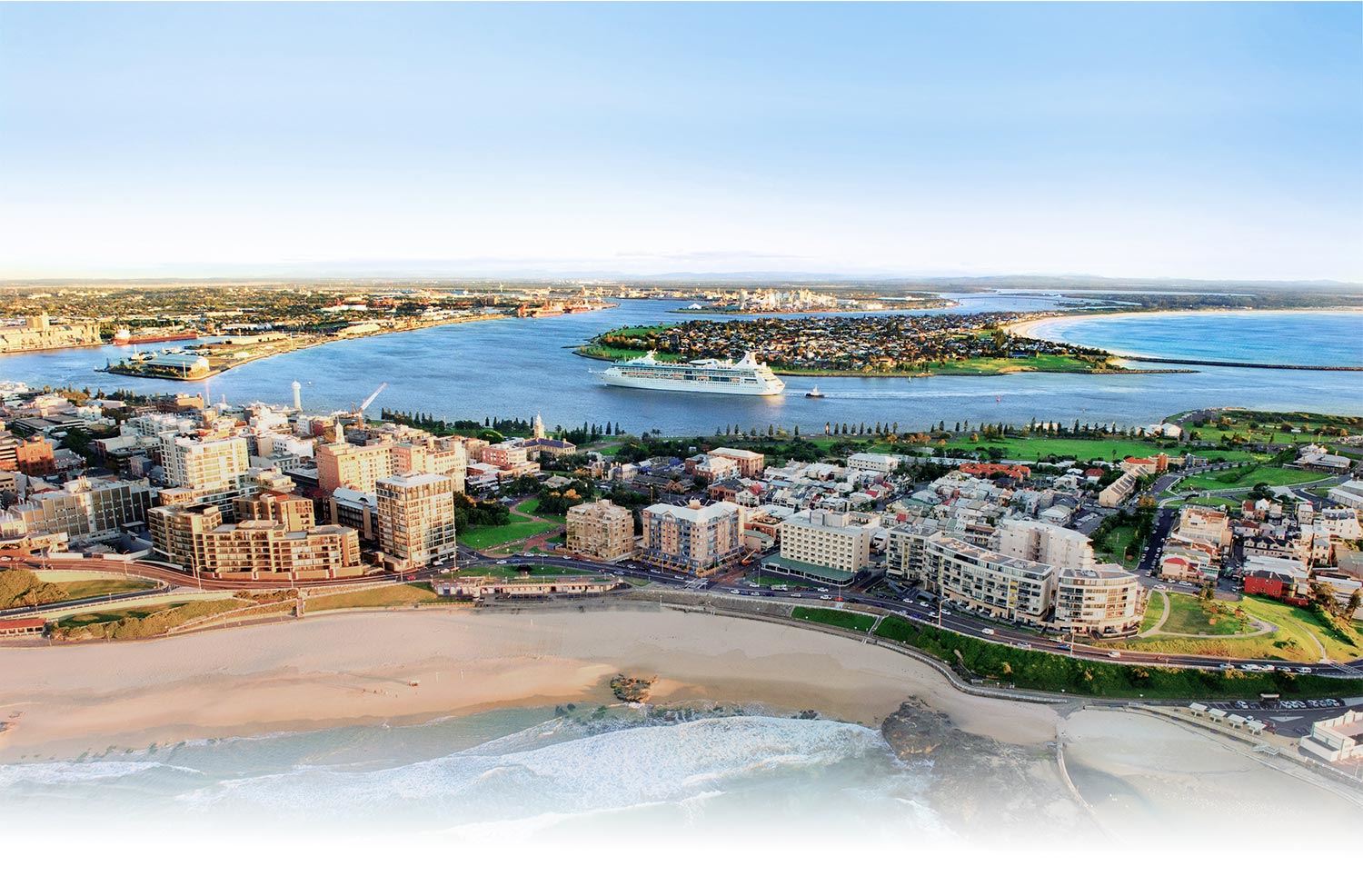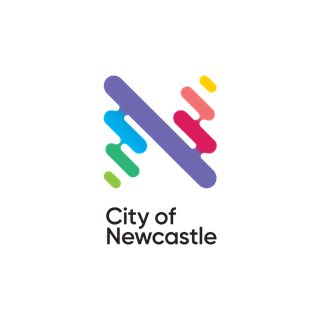
Our Climate Action Plan

Our Newcastle Climate Action Plan (2021-2025) sets the roadmap for achieving net zero emissions in City of Newcastle's operations by 2030 and a net zero Newcastle by 2040.
To achieve a net zero City of Newcastle, actions will be delivered in four key areas:
- 100% renewable energy supply
- Best practice energy, water and waste efficiency
- Zero emissions transport
- Reduce emissions through supply chains
To achieve a net zero Newcastle, City of Newcastle will support:
- Low emissions development
- Clean technology
- Building a low carbon circular economy
- An electric transport Future
- Advancing new zero emission industries
Our Newcastle Environment Strategy also outlines how we will assist our community transition to a net zero future.











